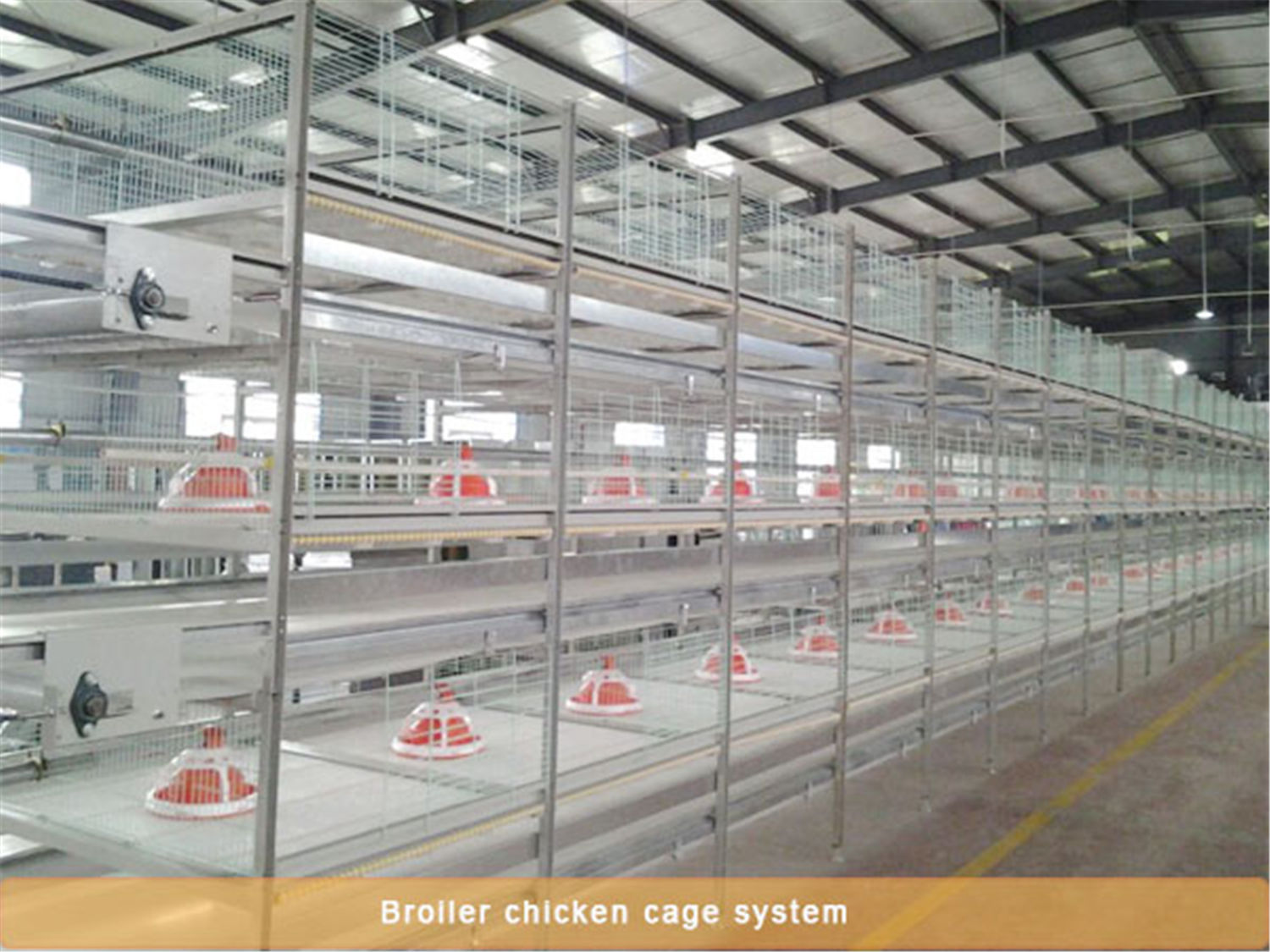The use of broiler chicken cages brings convenience to the farmers and further improves the economic benefits of the farmers. However, when the farmers use the broiler cages for cultivation, they must customize a reasonable and reasonable chicken house quarantine system to properly raise the chickens. The health is also very secure, so the broiler cage manufacturers have summed up the necessary henhouse epidemic prevention system, and now share it with the farmers.
First, block the introduction and spread of the source:
1. The chicken farm entrance and exit, set disinfection tank, and maintain effective disinfectant in the pool. Ensure the disinfection of personnel and vehicles.
2. Foreign personnel may not enter the production area without the consent of the person in charge or the veterinary department.
3. No other poultry or poultry products may be brought into the production area.
4. Keepers should keep the environment clean and hygienic every day.
5. The production area should be disinfected once a week, and the work area and surrounding environment should be completely disinfected once every two weeks.
6. Any outsider can enter the production area after being approved. It must be changed and disinfected before entering. It should be exposed to ultraviolet light for 10 minutes, and the work clothes should be accompanied by the technician.
7. Personnel on the premises are not allowed to treat diseases of chickens and other animals.
Second, strict elimination: farmers should observe the flock every day, grazing every morning to the corner of the chicken house and other remote places to see if there are chickens living alone and in poor spirits, and immediately eliminated after discovery. After the technician agrees, the breeder can carry out the harmless treatment of the eliminated chicken, that is, it is buried deeper than 3 km away from the breeding base.
Third, infectious disease stress measures:
1. When a suspected infectious disease occurs in the flock, immediately take quarantine measures and report to the animal husbandry and veterinary department and confirm the diagnosis as soon as possible.
2. When there are cases of severe infectious diseases or suspected strong infectious diseases in or near the scene, immediately block the blockade and report to the animal husbandry and veterinary department.
3. If an infectious disease occurs in the field, report the disease report truthfully, and file the file after the end of the infection and report it to the animal husbandry and veterinary department.
4. Never transfer or sell infected chickens and healthy chickens before the release of the blockade.
